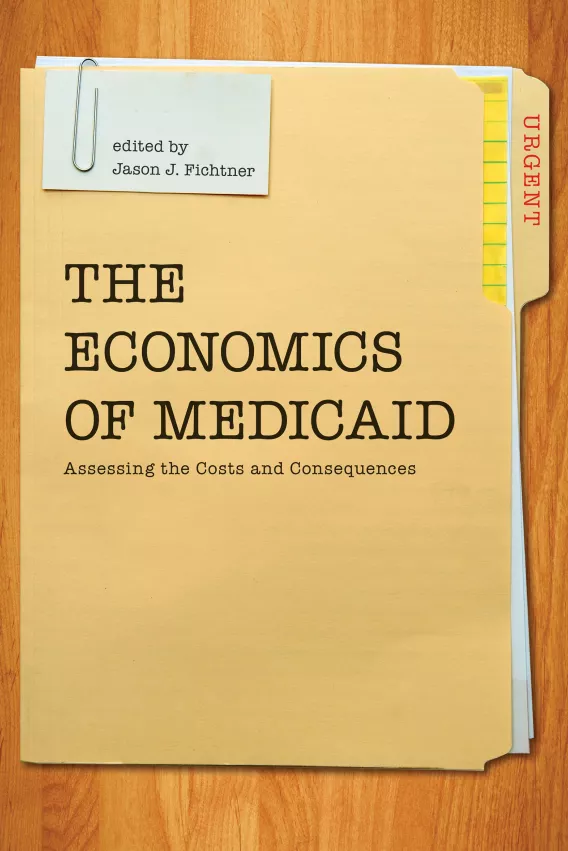- | Government Spending Government Spending
- | Books Books
- |
The Economics of Medicaid: Assessing the Costs and Consequences
Top experts explain everything you wanted to know about Medicaid—from federal-state financing to potential reforms.Buy the Book on AmazonBuy the Kindle Version

Medicaid, originally considered an afterthought to Medicare, is today the largest health insurance provider in the United States. Under the Affordable Care Act, the Congressional Budget Office projects Medicaid enrollment to increase nearly 30 percent by 2024, and federal spending on the program to double over the next decade. For the states, Medicaid is already the largest single budget item, and its rapid growth threatens to further crowd out other spending priorities.
In this collection of essays, nine experts discuss the escalating costs and consequences of a program that provides second-class health care at first-class costs. The authors begin with an explanation of Medicaid’s complex federal-state funding structure. Next, they examine how the system’s conflicting incentives discourage both cost savings and efficient care.
The final chapters address the pros and cons of the most mainstream Medicaid reform proposals and offer alternative solutions. This book offers a timely assessment of how Medicaid works, its most problematic components, and how—or if—its current structure can be adequately reformed to provide quality care, at sustainable costs, for those in need.

